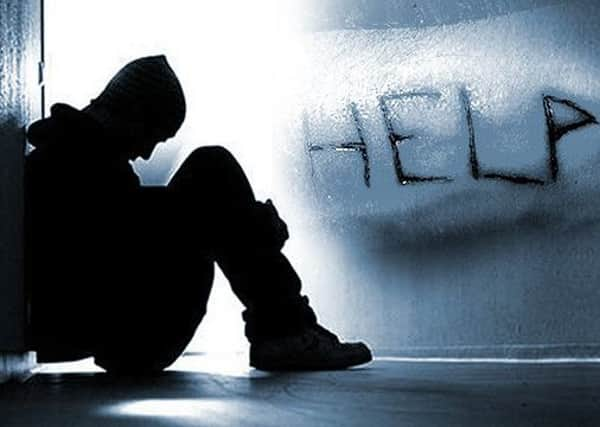Column: The real silent killer of men everywhere


A successful cameraman with BBC’s Antiques Roadshow, Billy, who was reported to have a history of depression, decided to end his own life. His death sent shock waves through the media, but statistically Billy is one of a rising number of men under the age of 50 who choose suicide. It’s a little known fact that suicide is the biggest killer of men between the ages of 20 and 49. It kills more than road accidents, cancer and coronary heart disease. Shockingly, it's also a predominantly male disorder. In the late 1990s, men in their 20s were most likely to be at risk from suicide. Today it is men in their 40s. Whilst there are many campaigns aimed at highlighting testicular cancer, mental health issues remain largely ignored. Experts believe men are less likely to go and get help from their GP. According to research by mental health charity Mind, just 23% of men would see a GP if they felt low for more than two weeks, compared with 33% of women. It says men are more likely to self-medicate their depression with alcohol and drugs rather than seek professional help because of the stigma attached to mental health. Research has also shown that they feel they have to ‘man up’ rather than reach out because it's seen as a 'weakness' to ask for help.
When comedian and actor Robin Williams committed suicide it made headlines across the world, and then it was forgotten. But if we want to stop the needless deaths of young and middle-age men in this country then we have to recognise that this is a very real problem. Depression kills thousands of people – largely men - every year. If suicide was a virus, we’d have prevention campaigns screaming out from TV adverts, but we don’t.
Advertisement
Hide AdAdvertisement
Hide AdDepression in men needs more awareness and understanding if we want things to change. Instead of expecting them to ‘man up’, we should stop and listen. We need to understand male suicide is largely ignored and try to deal with it. Maybe then thousands of men like Billy, who feel suicide is the only option, could have their lives saved.